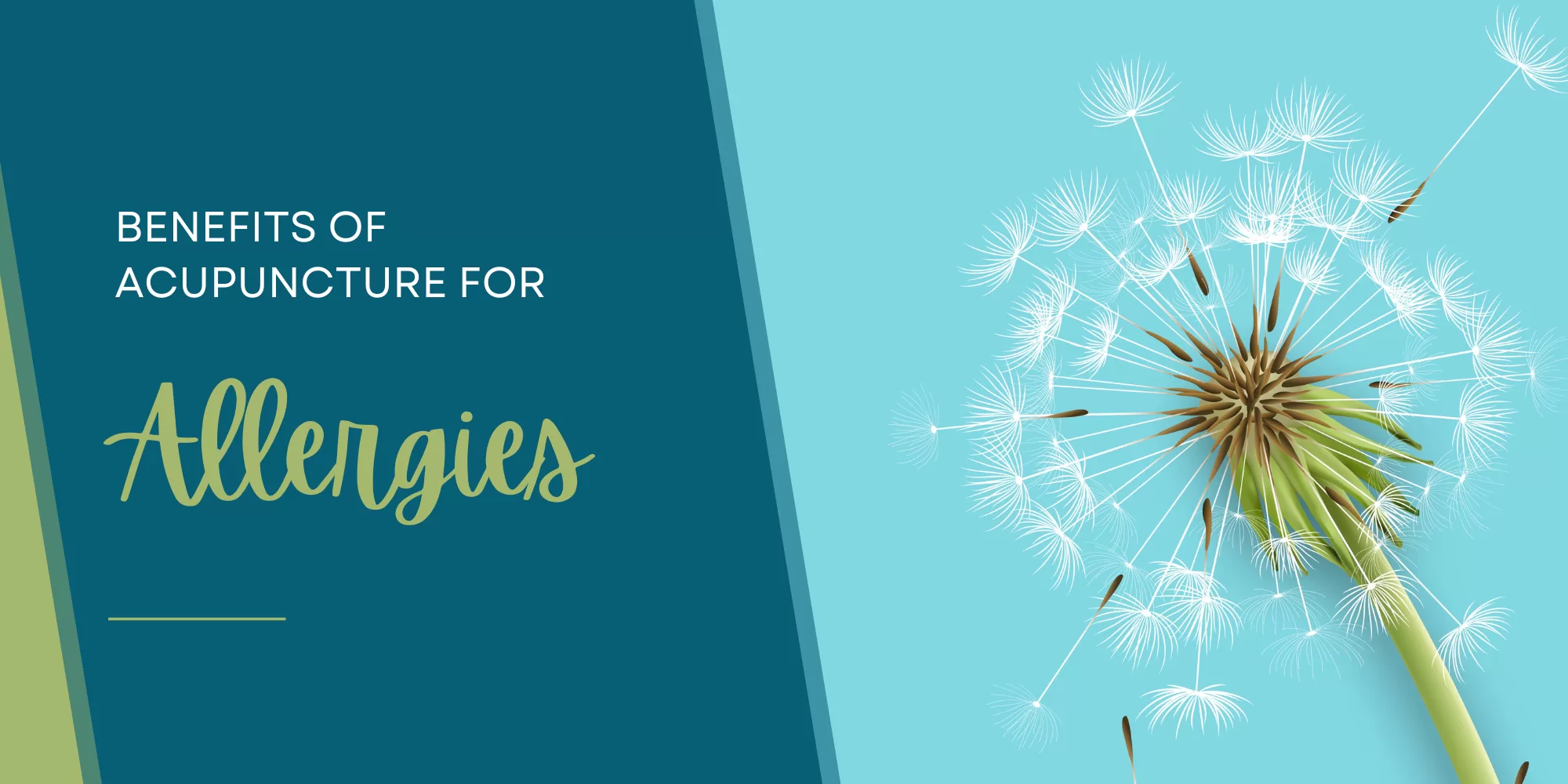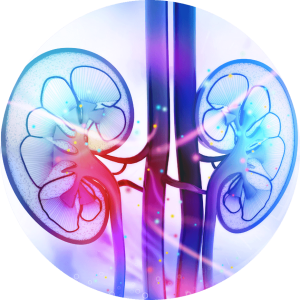
As the summer temperatures begin to rise, so does the need for effective ways to stay cool and maintain a balanced state of health. One avenue that many individuals may not have considered lies in the time-tested traditions of Traditional Chinese Medicine (TCM) – specifically, acupuncture and the therapeutic use of Chinese herbs. Here, we explore how acupuncture can be applied to promote summer health and also delve into some refreshing recipes using Chinese herbs renowned for their cooling properties.
Acupuncture and Summer Health
Acupuncture, one of the pillars of TCM, has been practiced for thousands of years. It involves the insertion of fine needles at specific points on the body, known as acupoints. According to TCM, these points are thought to be linked to the body’s vital energy, or Qi, and by manipulating these points, practitioners aim to correct imbalances and promote health.
In the context of summer health, the primary concern for many people is managing the excess heat, which can lead to symptoms like restlessness, insomnia, dehydration, and even heatstroke. TCM views these symptoms as signs of excess heat or Yang energy in the body. Acupuncture can help rectify this imbalance by stimulating acupoints that have cooling or Yin-enhancing effects.
Several acupoints have been traditionally associated with heat-clearing effects, such as LI11 (Quchi), HT8 (Shaofu), and GV14 (Dazhui). It’s crucial, however, to seek the assistance of a trained and certified acupuncturist, as they can provide a personalized assessment and treatment plan based on your specific needs and overall health condition.
Cooling Down with Chinese Herbs
Beyond acupuncture, TCM also extensively uses herbs to rectify imbalances in the body. For combating the summer heat, several Chinese herbs and ingredients have been recognized for their cooling properties.
- Mung Beans: Mung beans are well-known for their cooling and detoxifying effects. They are rich in proteins, fiber, vitamins, and minerals and can be included in both sweet and savory dishes.
- Chrysanthemum Flower: This flower is often brewed into a tea and is believed to clear heat and toxins from the body. It also has calming properties, making it excellent for alleviating stress and insomnia.
- Lotus Seeds: Used in a variety of Chinese dishes and desserts, lotus seeds are considered cooling and beneficial for the heart and kidneys. They are also known for their calming effects, assisting with restlessness and insomnia.
Recipes for a Cool Summer
Here are two simple recipes incorporating these cooling Chinese ingredients:
Chrysanthemum Tea
Ingredients:
- 20-30 dried chrysanthemum flowers
- 1 tablespoon of honey (or to taste)
Instructions:
- Rinse the chrysanthemum flowers under cold water.
- Place the cleaned flowers in a teapot or a heat-resistant pitcher.
- Pour boiling water into the pot and let the flowers steep for about 5 minutes.
- Stir in the honey until it dissolves.
- Strain the tea into cups and serve. You can enjoy this drink hot or allow it to cool and then refrigerate for a refreshing chilled beverage.
Mung Bean Soup
Ingredients:
- 1 cup mung beans
- 4 cups water
- Rock sugar or honey to taste
- A handful of dried lotus seeds (optional)
Instructions:
- Rinse the mung beans and lotus seeds under cold water.
- In a large pot, combine the mung beans, lotus seeds (if using), and water. Bring the mixture to a boil.


 In TCM, the adrenal glands are considered to be part of the water element, which is related to the kidneys. The kidney area is a key organ that helps determine the quality of life of the individual. Things like adrenal fatigue and low thyroid function can all be contributed to a deficiency of fire in the kidneys. Therefore, a TCM practitioner will focus on ways to warm the kidneys and stimulate energy flow from the adrenal glands, while increasing the basal metabolic rate of the body. Acupressure points like Stomach 36, Kidney 3 and Spleen 6, which are all located on the lower leg make great choices.
In TCM, the adrenal glands are considered to be part of the water element, which is related to the kidneys. The kidney area is a key organ that helps determine the quality of life of the individual. Things like adrenal fatigue and low thyroid function can all be contributed to a deficiency of fire in the kidneys. Therefore, a TCM practitioner will focus on ways to warm the kidneys and stimulate energy flow from the adrenal glands, while increasing the basal metabolic rate of the body. Acupressure points like Stomach 36, Kidney 3 and Spleen 6, which are all located on the lower leg make great choices.



